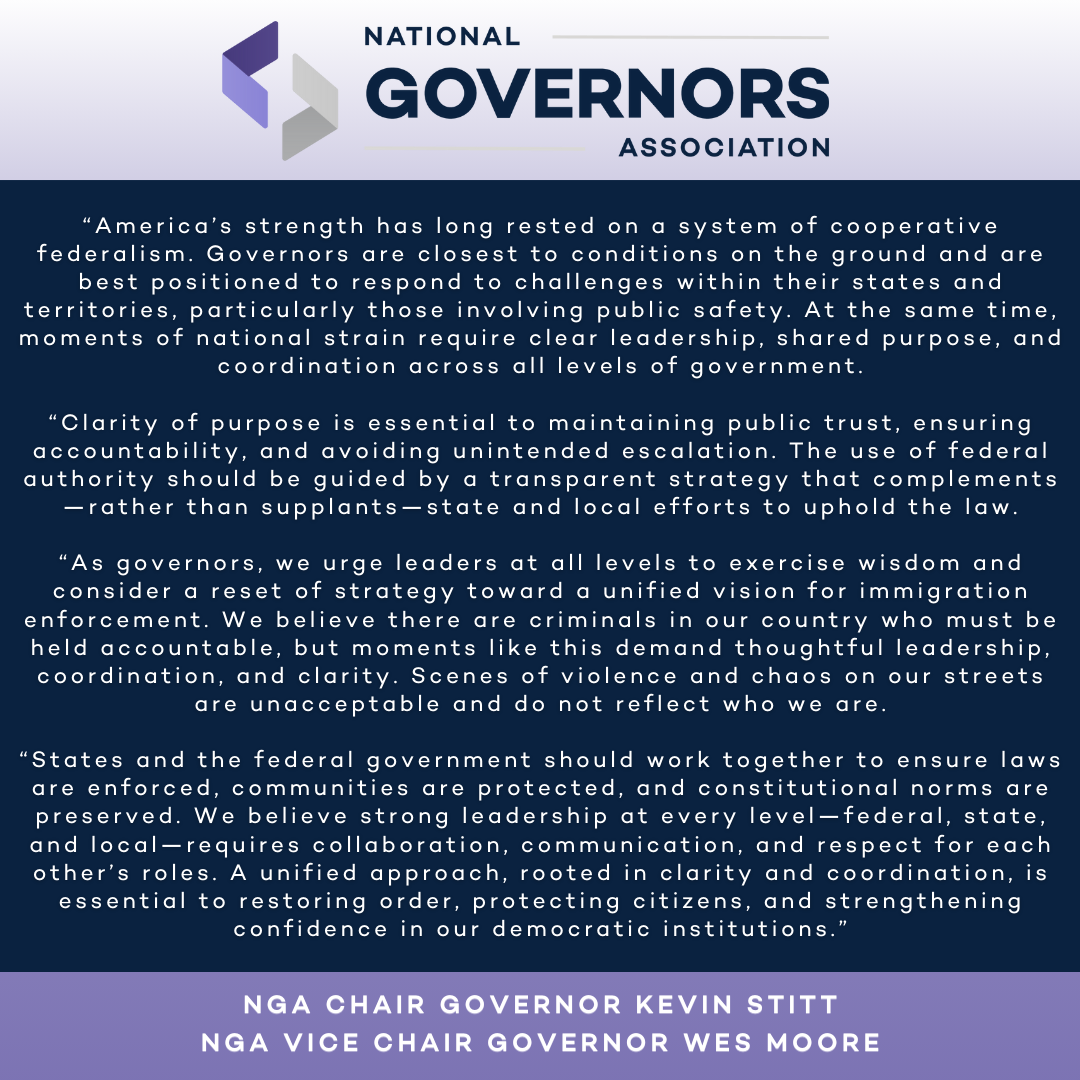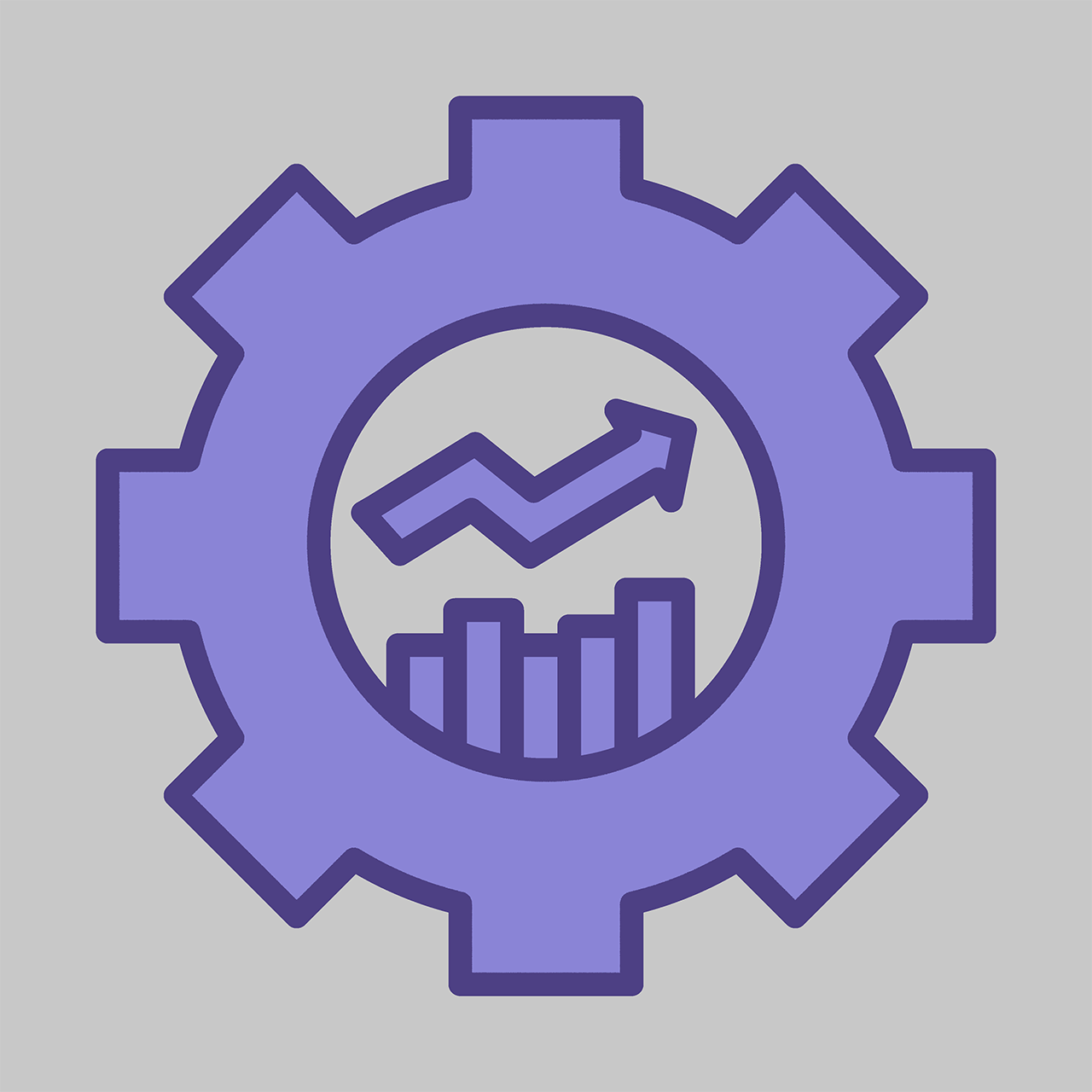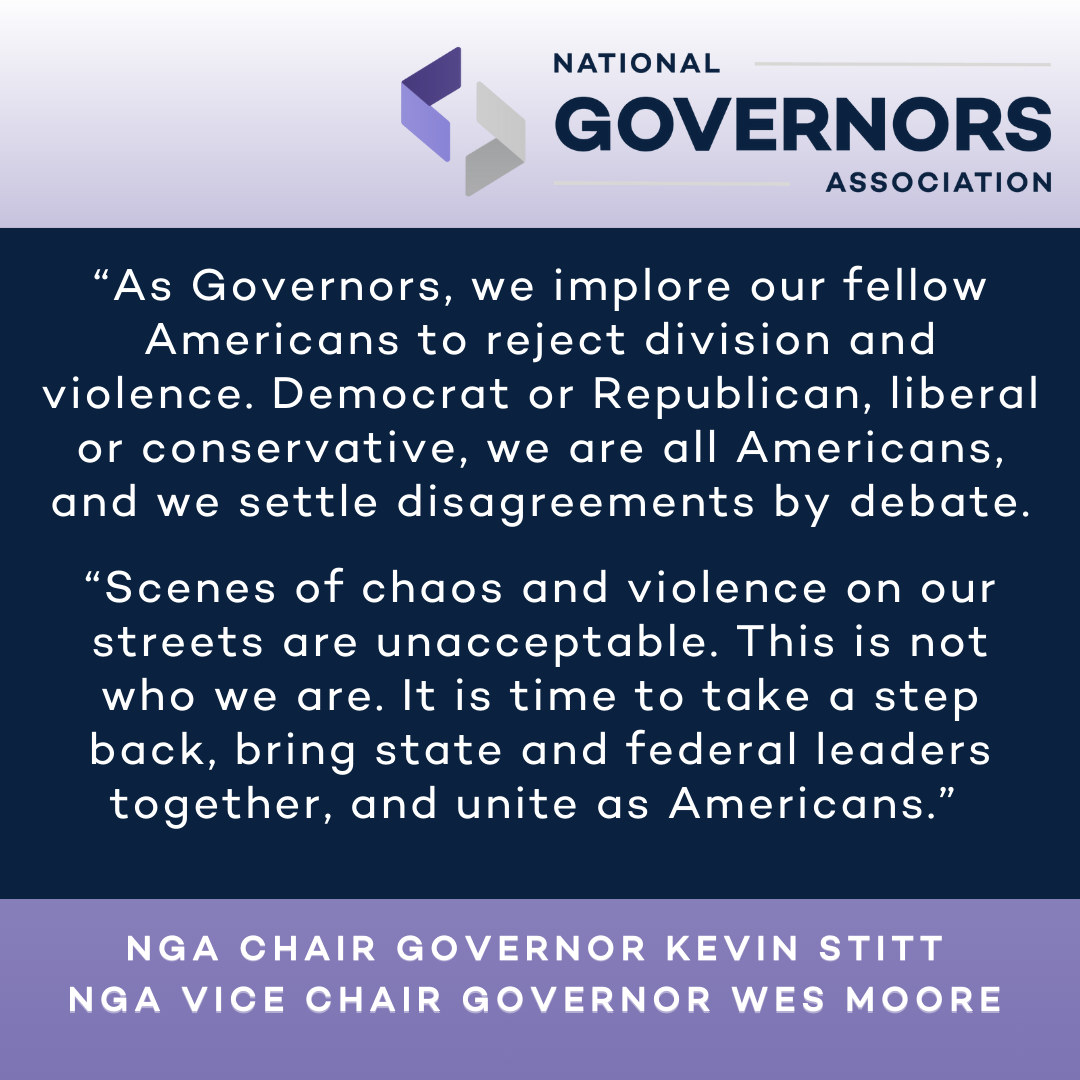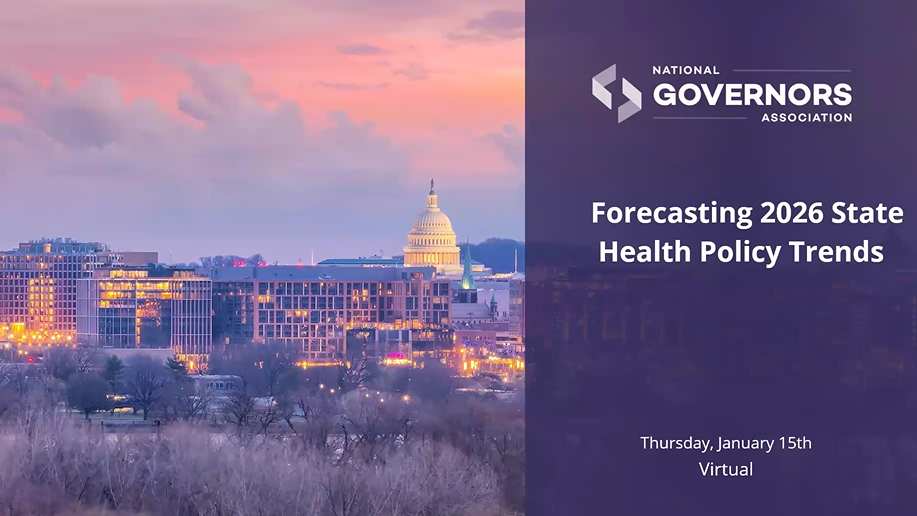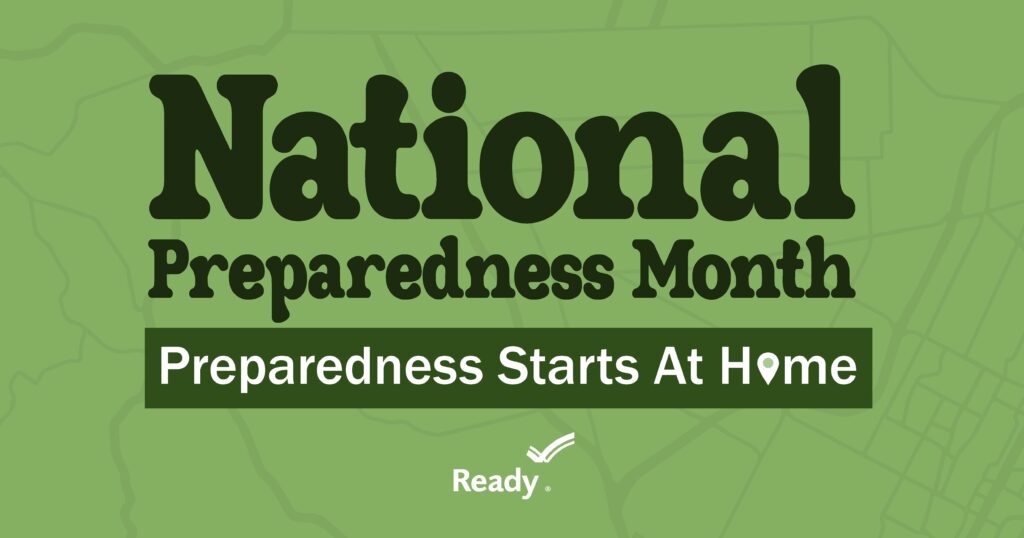
National Preparedness Month is observed every September to promote disaster and emergency readiness among individuals, families and communities. Each year, the observance focuses on a specific theme aimed at encouraging proactive steps, such as making emergency plans, building supply kits and staying informed about potential hazards.
This year’s “Preparedness Starts at Home” theme highlights four key actions Americans can take to prepare for any disaster.
1. Know your risk
- Know what could happen where you and your family live. This helps you figure out what you need to do to stay safe. You can explore various disasters and emergencies on Ready.gov.

Governor Janet Mills
Maine2. Make a family emergency plan
- Making a plan early helps you reduce stress and save time and money. Follow four easy steps, and create a free Family Emergency Plan quickly and easily with our fillable form.
- Disasters are costly, but preparing for them doesn’t have to be. Taking time to prepare now can help save you thousands of dollars and give you peace of mind when the next disaster or emergency occurs. Visit Ready.gov’s low and no-cost tip page to see how you can be better prepared without spending a lot of money.
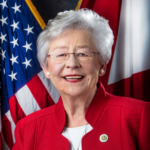
Governor Kay Ivey
Alabama3. Build an emergency supply kit
- Having enough food, water and medicine can help you stay safe and comfortable until help arrives. Having what you need can also prevent injury and damage to your home.
- Build a go-bag with all the essentials you might need, so you don’t need to scramble in an evacuation situation. Find a list of supplies at Build A Kit.

Governor Tina Kotek
Oregon4. Get involved in your community by taking action to prepare for emergencies
- Emergencies can happen fast, and emergency responders aren’t always nearby. You may be able to save a life by taking simple actions immediately. You can learn these steps when you take a first aid class through many organizations in your community.
- Join a Community Emergency Response Team program and get trained on basic disaster response skills, such as fire safety, light search and rescue, team organization and disaster medical operations.
- Take a free online independent study course through FEMA’s Emergency Management Institute or a CPR course through the American Red Cross to learn more about how to help your community become more prepared.

Governor Bill Lee
TennesseeThe importance of National Preparedness Month lies in its role in fostering resilience. Disasters like hurricanes, wildfires, floods, pandemics and cyberattacks can strike at any time, often with little warning. Being prepared can save lives, reduce property damage and lessen the overall impact on communities. Preparedness is everyone’s responsibility. Taking action today can make all the difference when the unexpected happens.




